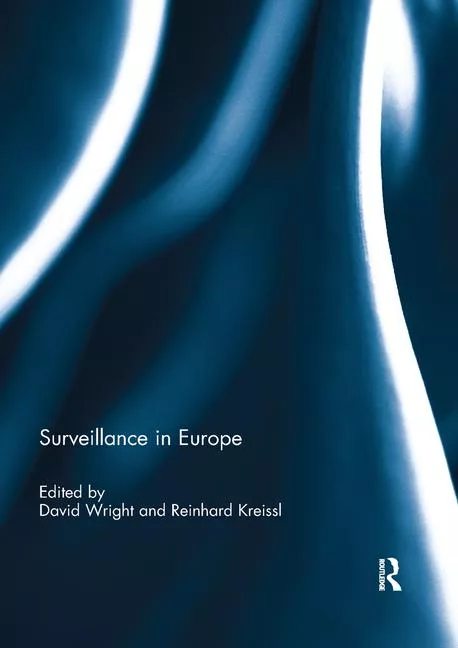European parking app announces data breach

Image via Unsplash
Cyberattacks and new vulnerabilities were analyzed in a recent report by Check Point Research. According to the report, the German hospital network Katholische Hospitalvereinigung Ostwestfalen (KHO) has been a victim of cyberattack that disrupted the systems of hospitals in Bielefeld, Rheda-Wiedenbrück and Herford. Lockbit ransomware group claimed responsibility for the attack.
The Iran-affiliated group Homeland Justice has claimed responsibility for cyberattacks against several Albanian high profile organizations – the Albanian parliament, two local telecom companies and Albania’s flag carrier. The attacks are possibly related to the country’s shelter support for the Iranian opposition group Mujahedeen-e-Khalq. Albanian officials confirmed that they are assisting to One Albania company and to the parliament in mitigating the attack.
Europe’s largest parking app operator EasyPark Group, which operates in over 20 countries, has acknowledged a data breach that affected the personal information of an unverified amount of EasyPark users in Europe. The data includes names, phone numbers, home addresses, email addresses and parts of IBAN or credit card numbers.
The in-flight entertainment system supplier Panasonic Avionics Corporation has confirmed a data breach that impacted certain systems in the corporate’s network environment. The threat actors gained access to personal and health information belongs to an unverified amount of employee and clients.
The American entertainment giant National Amusements (parent company of Paramount and CBS) has disclosed a data breach that affected the personal and financial information of more than 82K people. The leaked data includes names, financial account numbers, credit and debit card numbers as well as PIN codes.
Ohio lottery systems has suffered a cyberattack on Christmas Eve, that has taken down the company’s website and prevented clients from cashing in prizes above $599. DragonForce ransomware group claimed responsibility for the attack, which allegedly resulted in the leakage of about 600GB of data, and consists of over 3M entries of employees and players personal information, including Social Security numbers (SSN) and dates of birth (DOB).
Chinese threat actor dubbed UNC4841 has exploited a zero-day arbitrary code execution vulnerability (CVE-2023-7102) in Barracuda Email Security Gateway Appliance (ESG). The threat actor has utilized the flaw within a third party library, Spreadsheet::ParseExcel, to deploy a specially crafted Excel email attachment to target a limited number of ESG devices. Spreadsheet::ParseExcel is an open source library used by the Amavis virus scanner within the ESG appliance.
Researchers highlight one of the attack segments of the North Korean Kimsuky group. The group’s recent modus operandi involved the persistent use of shortcut-type backdoor malware dubbed AppleSeed. The backdoor can be used to control the infected system, install additional malware, keylogging and taking screenshots, as well as stealing information from the users’ systems.
A new version (2.2) of the Meduza infostealer has been released on the Dark Web. This updated version of the infostealer has garnered attention for its enhanced features, including broader software client support, an improved credit card grabber, and advanced mechanisms for storing dumped passwords on various platforms.
Looking for a reprint of this article?
From high-res PDFs to custom plaques, order your copy today!






